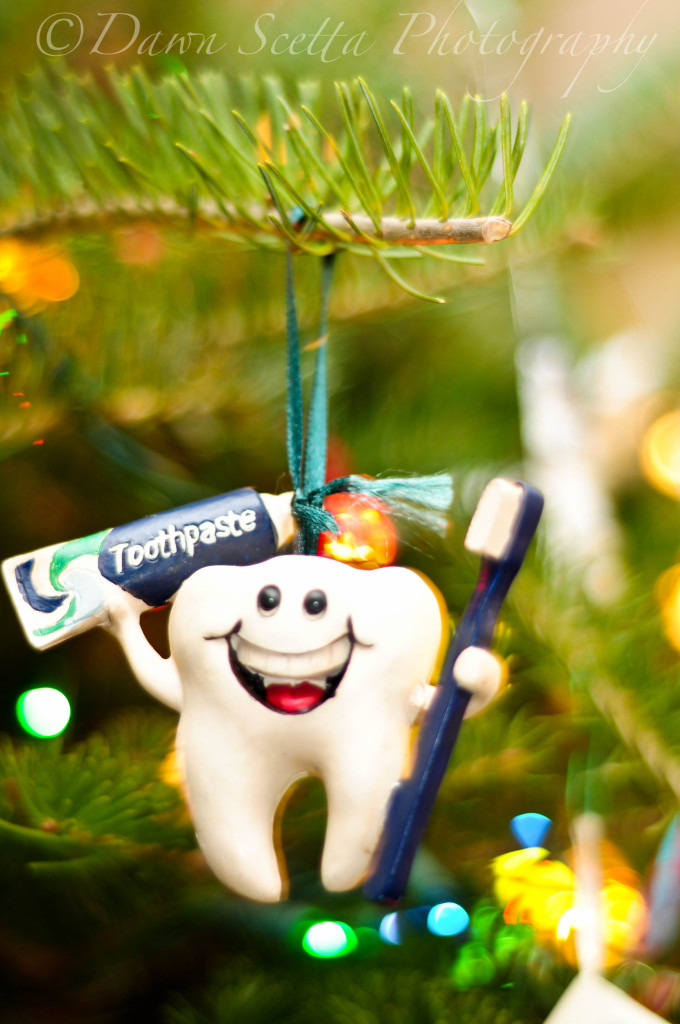
Hannah Auston
Associate Editor
Depending upon who you ask, the use of fluoride can have either a positive or negative outcome. If you ask my opinion, fluoride benefits outweigh the negatives by a landslide.
Fluoride is one of the best ways to prevent and control cavities aside from regular brushing and flossing. Most of the fluoride in our bodies is taken in by water naturally containing fluoride, as well as small amounts from the food we eat.
According to the United States Centers for Disease Control and Prevention, “fluoridation is named as one of the 10 most significant public health measures of the twentieth century.” Tooth loss due to cavities in both baby and permanent teeth are much greater without fluoride because the decay can spread much quicker throughout the tooth, causing pain and sometimes infection.
The most important time for the uptake of fluoride is while the permanent teeth are still developing. With that being said, one might think that mixing a baby’s bottle full of infant formula with bottled water is a good idea. It is not, due to the fact that most bottled waters do not contain the optimum fluoride levels. Be sure to use tap water to ensure your child is getting the necessary amount of fluoride for healthy tooth development. If you are not part of a city’s water supply and use well water, there are fluoride drops that can be added to the water in order to maintain the necessary levels for optimum health. This is why fluoride treatments at the dentist are so common (and crucial) as a child.
To assure you and your family are getting the proper fluoride levels, check with your local water company. They should be able to provide you with the information on what fluoride levels, as well as other minerals, are being regulated in your faucet water.




